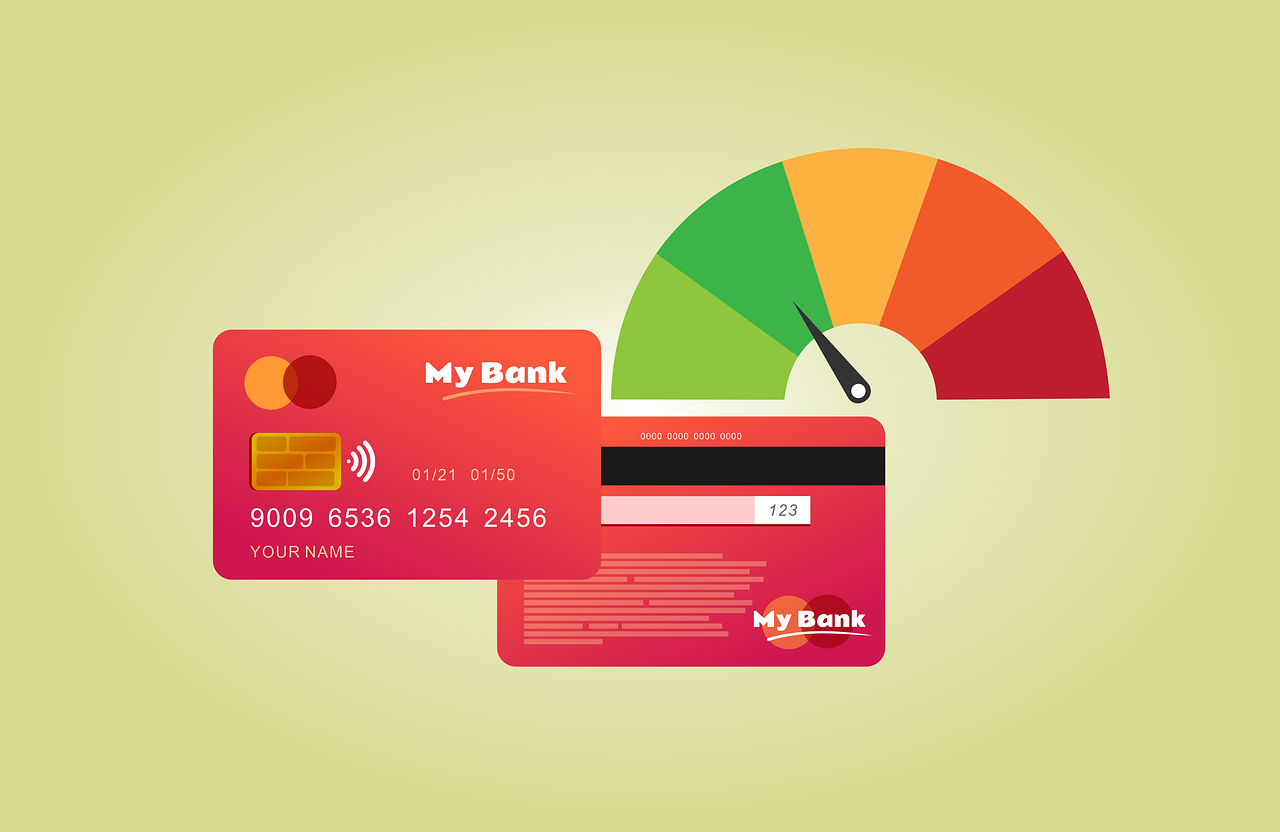Credit repair is among those fields in finance that is bombarded with myths and misconceptions. Most of them disappointingly will lead an individual to make the wrong decisions on how to handle their financials or decisions on not fixing their credit at all.
For this, we have a team of professionals who go the extra mile to provide you with an in-depth explanation of the most common credit repair myths, setting the record straight in reality to confidently help you know your way around the world of credit repair and take full control of your financial health.
Credit Repair Is Illegal
The rumor that would not die, as far as credit repair goes, is that somehow it is fraud or at least an illegal activity. This kind of supposition cannot be farther from the truth. First of all, credit repair operates within the corridors of the law, and more than this, it finds protection under the Fair Credit Reporting Act.
Under the FCRA, you are allowed to dispute information on your credit report that you know is incorrect and request that it be modified or removed. You can do it yourself, or through a credit repair company.
What does matter, however, is that whatever repair or fix is made to your credit it has to be valid and true since the law forbids anyone from misrepresenting any information or using fraudulent means.
Repairing Your Credit Yourself: You Can’t Do That
Most people think that their credit is only repairable with the help of some type of professional credit repair company. Though this is most definitely something that may prove helpful, the reality of the situation is simply that your credit can, in fact, be fairly easily fixed on your own.
You can also do this credit repair yourself by getting a copy of your credit report, finding those mistakes on that, and then going and disputing the inaccuracies to the agencies. Though highly time-consuming and requiring a lot of effort, if you are patient and diligent, you will be able to do all the improvements yourself without any outside help.

Closing Credit Cards Will Improve Your Credit Score
This may seem like it makes sense, but actually, it lowers your credit score. This has to do with the fact that when a credit card is closed, then the total sum of credit available to you decreases. This has the potential of then raising your credit utilization ratio in return, because you would be using more of your available credit than you otherwise would have.
It is calculated according to some type of ratio, and it only means that the higher it is, the lower your credit score will be. To avoid cancellation, keeping it open and not using it that much-just to keep the account active-is a far better option.

Checking Your Credit Report Hurts Your Score
One such myth is pulling your own credit report hurts your credit score. Actually, that is quite the opposite of the truth. Pulling your own credit report, either directly or through services such as Credit Karma, is what is called a “soft inquiry”, and it will have no bearing on your credit score whatsoever.
It’s only the “hard inquiries”-those that lenders make when you apply for a loan or credit card-that can ding your score temporarily. It pays to check your credit report on a regular basis, if for no other reason than to track your financial health and find mistakes and/or suspicious activity.
Paying Off Debt Automatically Removes It from Your Credit Report
While extremely positive to do when trying to improve your credit, remember that debt paid doesn’t automatically get taken off of your credit report. Paid-off debts, loans, and credit card balances will still appear in your credit report for a period of time; usually, this takes seven years.
That does not change the fact that debt was paid; this, over time, improves an individual’s credit score. Patience is required, and one must be able to continue on making responsible financial decisions.
Bankruptcy Wipes All Negative Information off Your Credit Report
Bankruptcy might seem to some to be a clean slate, but truthfully, it doesn’t even wipe all the negative information from your credit report. If bankruptcy does discharge a number of your debts that you really can’t pay and gives you a fresh start, it will also put a serious mark on your credit report, which in general will stay there for a period of seven to ten years.
Delinquent accounts, collections and charge-offs that occurred prior to the date of bankruptcy may still appear but must be reported as included in bankruptcy.
Remember: Bankruptcy is not an exit, and rebuilding credit will be very, very hard.

Myth: You Only Have One Credit Score
Most people think they have one credit score, but the fact is, you have a plethora of credit scores. The most widely used scores are from FICO and VantageScore, with each of those models having a set of variations.
Apart from that, each of the three major credit bureaus may differ in the information on file Equifax, Experian, and TransUnion, and so the scores are slightly different.
Credit Monitoring: The score you are getting is probably not what a lender sees based on which model and bureau they pull from.
Credit Repair Companies Are Able To Remove Correct Negative Information
Some of those credit repair companies may claim to get items removed from your credit report that are negative in nature but true. That, quite simply, is not true. Under the law, there are only three instances that you can have removed from your credit report: inaccurately reported, outdated, or unverifiable.
That’s a red flag because any company that claims they can remove things that more than likely are correct is most likely a scam. The best way to improve your credit through correcting any inaccuracies and focus forward on responsible financial behavior.

Disputing Every Negative Item Will Improve Your Credit Score
You could dispute all negative entries on your report, which, by necessity, means that your score goes up. This is an incredibly bad idea to the point that it even makes things worse. By necessity, the credit bureaus have to investigate disputes where, if they feel the information is appropriate, it stays on your report.
This can extend the time it takes to solve valid issues, and this also raises a red flag on the part of the credit bureaus. You must make all of your disputes strategic, reserved only for things you feel shouldn’t be on your report or are wrong.
Credit Repair Is Fast and Easy
Perhaps the most outrageous myth of all is believing that credit repair is quick and easy. Well, this is entirely the opposite; for your credit status to be reinstated, it will require a great deal of time and effort from you. No shortcuts are allowed, and there are no overnight remedies available.
That is, it might take several months, or sometimes years, when you actually start to see serious improvement in your credit score. Well, the secret is in the continuity of the entire process, maintaining all the good money habits, and waiting for the final result to watch your credit improve.
How Our Team Came Up with These Myths
Its credit management and consumer finance expert team has enormous experience. We have been facing those myths time and again. We have seen so many people go down the wrong track because of one of those common myths, which makes a difference in people’s financial lives.
This guide was compiled for one reason: to set the record straight and equip you with the understanding that will enable you to make informed, confident decisions about credit repair. What this does, in essence, is ensure that we can serve you far better in debunking such myths so you can make appropriate decisions while taking charge of your financial future.
Conclusion: Empower Yourself with Knowledge
Understanding the facts from myths behind credit repair is the first step to better financial health. The above team has armed you with ammunition-with which you can walk through the process of credit repair confidently by debunking some of the common myths.
Of course, credit repair is not an overnight success; it takes some more time with great effort and responsible financial behavior. A better credit score will slowly be within reach and will spell security for your financial future. Keep informed, stay proactive, and take control of your credit today.


Leave a Reply